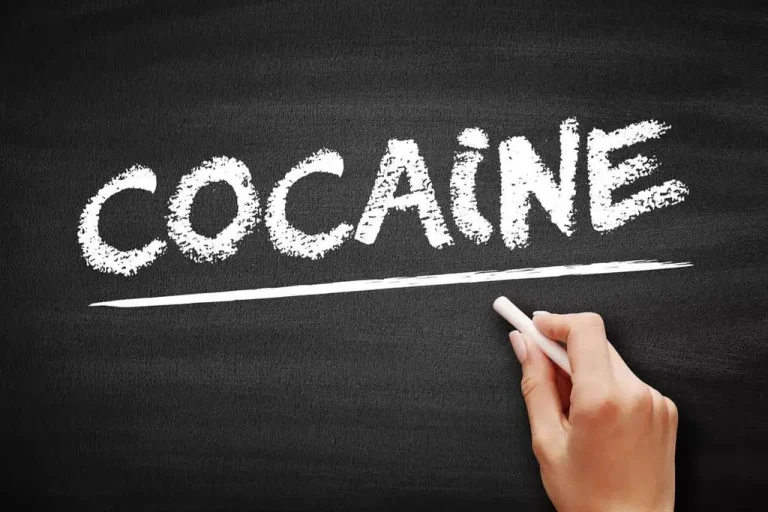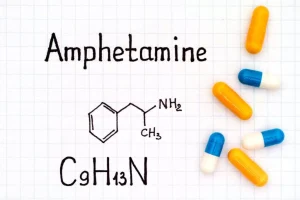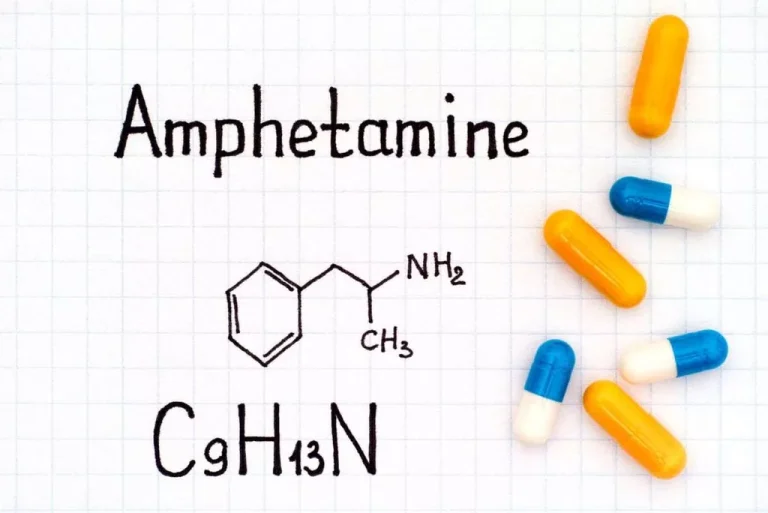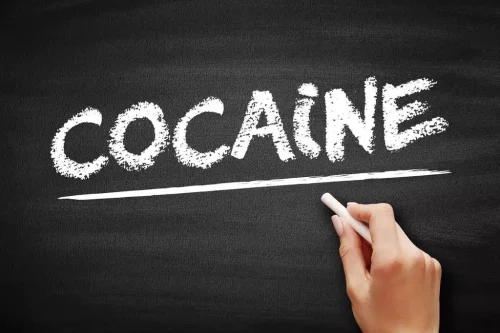Moderation vs Abstinence: Should You Cut Back, or Quit Drinking?

It’s important to note, too, that not everyone considering these approaches has an alcohol use disorder (AUD). If you view yourself as someone who would like to cut back on how many drinks you have a week, then moderation may be best suited for you. However, if you find yourself struggling with regulating how much alcohol you drink in a day or week, an abstinence-based approach may be necessary for changing your drinking habits. Mindful drinking also helps us address the root causes of alcohol abstinence vs moderation our drinking and helps us develop positive strategies to overcome them. As we increase our awareness about our drinking habits and alcohol’s detrimental effects on our overall health, mindful drinking can progress to abstinence.
- Abstinence may not be a realistic solution with some addictions, such as eating and in some cases sexual addictions.
- The reality for alcohol addictions, for example, is that people have an average of two and a half relapses in their ultimate turn to permanent sobriety.
- Consequences mean experiencing mild withdrawal symptoms, such as the so-called hangover, for example.
- This is especially true if you suffer from specific health conditions or are cutting back to avoid increased risk of specific health consequences.
- People may choose abstinence for a variety of reasons, including recovering from alcohol use disorder (AUD), improving overall health, religious reasons, or simply personal preference.
- It also gives you a way to reframe the conversation if you’re gathered with friends and family so the focus is less on the substance and more on community.
step facilitation therapy
«From an individual health perspective, from a public policy perspective and certainly from a public purse perspective, any reduction in drinking should be categorized as a success.» In a separate study, Miller followed people who chose to moderate their drinking. He found that the vast majority of them eventually became nearly or completely abstinent. One term used to describe the middle area is grey-area drinking, or simply grey drinking. That typically means drinking more than recommended limits, but not enough to meet the higher end of alcohol use disorder. Pond’s troubles with alcohol at one point left him «homeless and penniless on the Downtown Eastside» of Vancouver, in his own words.

What is sobriety?

We can use active awareness to make more informed decisions about our drinking. Mindful drinking strategies include not only setting limits but also identifying triggers, evaluating our emotions, tracking our consumption, and using this information to develop healthier drinking habits. There’s no clear answer to the question of whether drinking in moderation or abstinence is better for everyone. It depends on individual Sober living house factors and our specific situation — and the counsel of our healthcare provider.
- Choosing total abstinence means you’ll encounter many social situations in which you’ll need to turn down a drink.
- You don’t have to live in a constant battle with these painful, nagging urges.
- Studies have shown that in some cultures there are a small percentage of people who can return to moderate drinking.
- These individuals notably made up just 14% of the sample, the smallest group of the three.
Understanding How Chronic Pain Impacts Mental Health

In the spirit of reconciliation, Hello Sunday Morning acknowledges the Traditional Custodians of country throughout Australia and their connections to land, sea and community. We pay our respect to their Elders past and present and extend that respect to all Aboriginal and Torres Strait Islander peoples today. Sign up for our newsletter and wake up to a healthy dose of Hello Sunday Morning goodness delivered straight to your inbox every fortnight.
What is Dialectical Behavior Therapy?
Audrey Kishline was the originator and she felt her liquor overuse use was an issue, however, less that she considered it an infection or constant disease. There are some addictions for which moderation management won’t be a viable option, such as eating and from time to time sexual issues. Indeed, even in such cases, moderation management with the balance requirement is a significant element for progress.

While we may be looking for a definitive answer, both paths to recovery can work for different people. It’s important to note that notable health organizations such as the WHO report that no amount of alcohol is good for our health. However, there are benefits to both abstaining and cutting back on alcohol. More people than ever are recognizing the negative effects of drinking alcohol and re-evaluating how it shows up in their life. As a physician on the Monument platform, https://ecosoberhouse.com/ I speak with patients every day who are looking to change their drinking habits in order to improve their health and happiness.



No comments